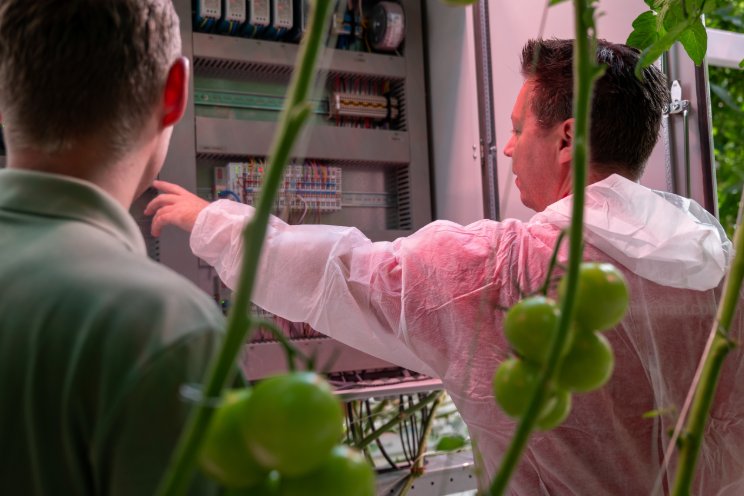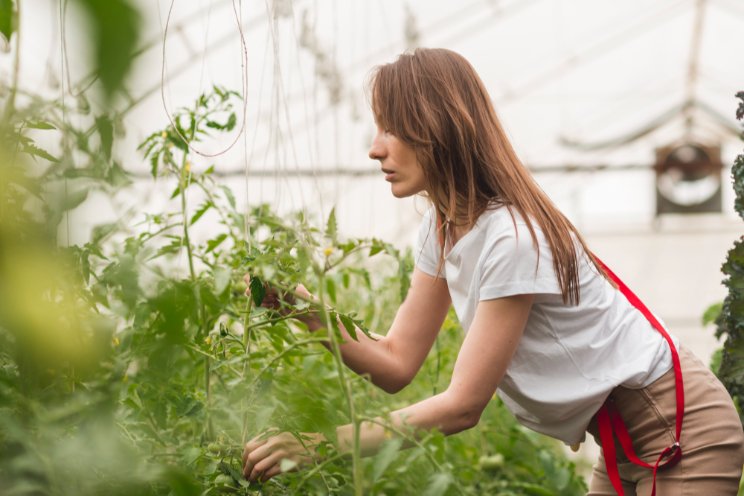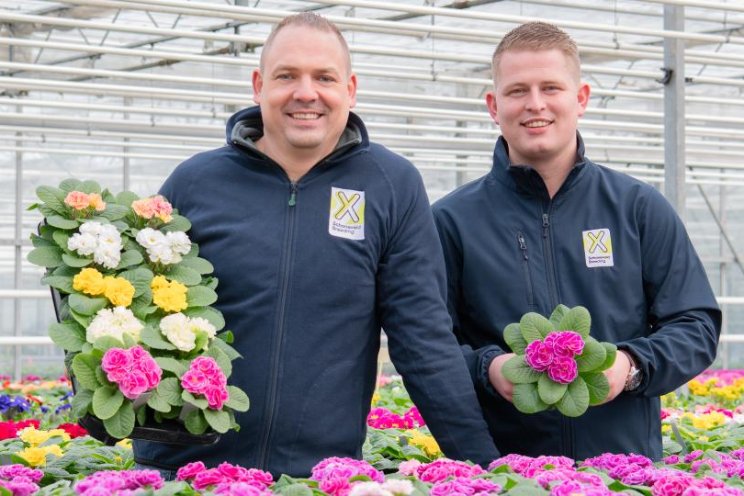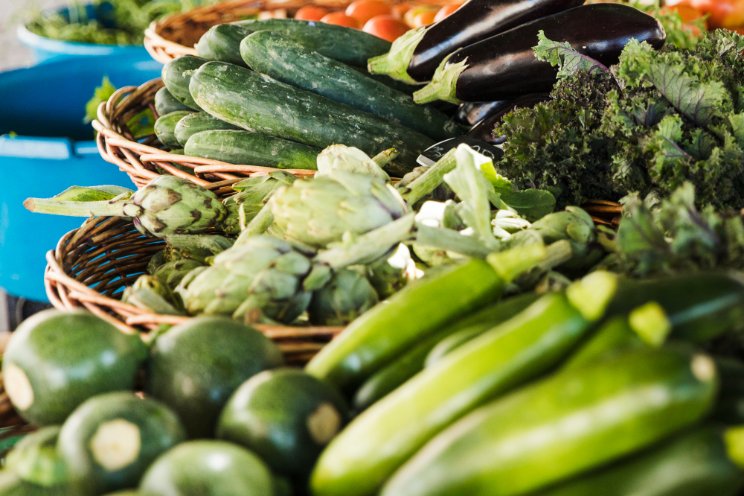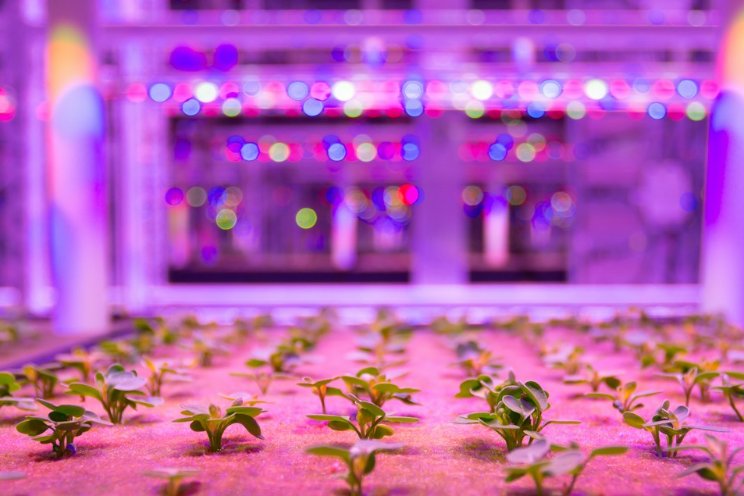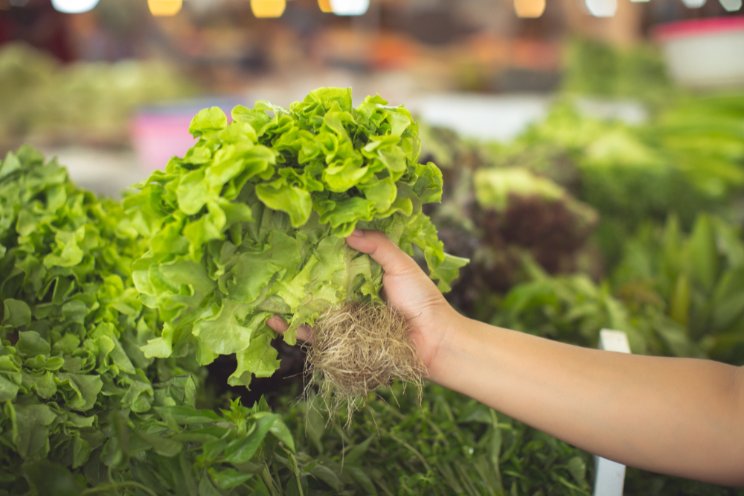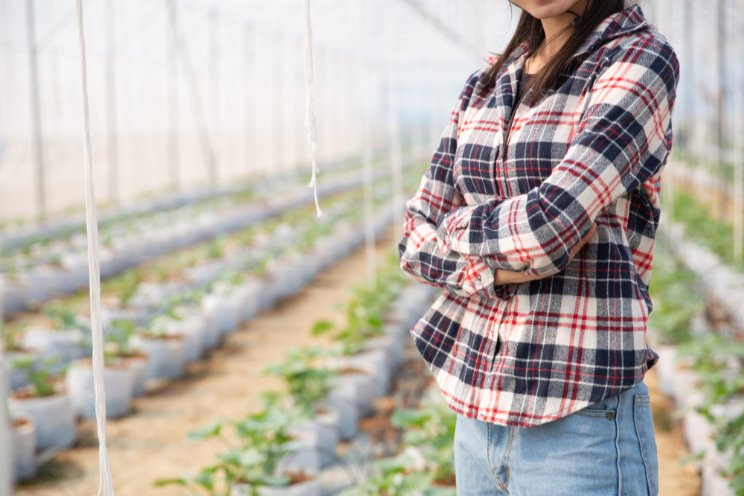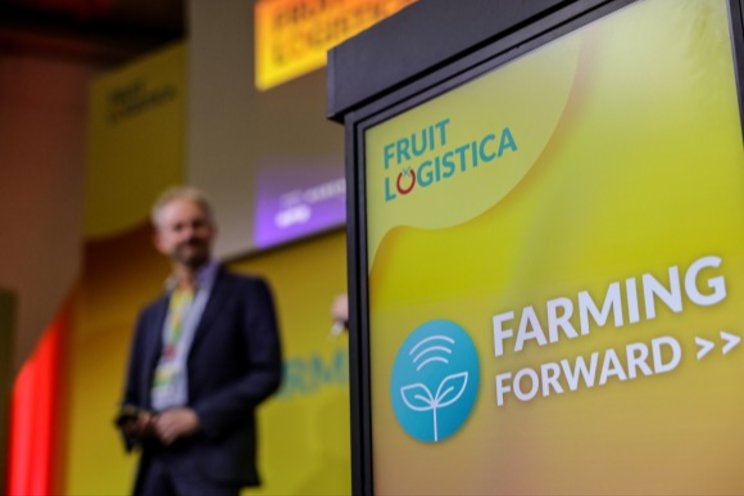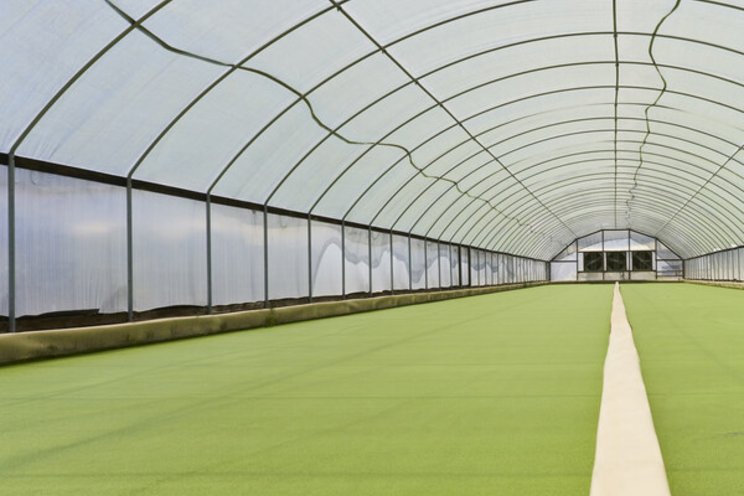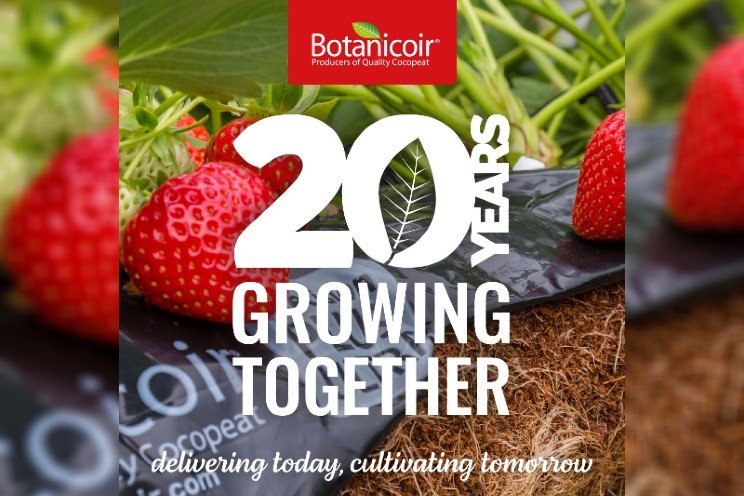Vertical farming as a sustainable agriculture alternative in India
Added on 19 April 2022
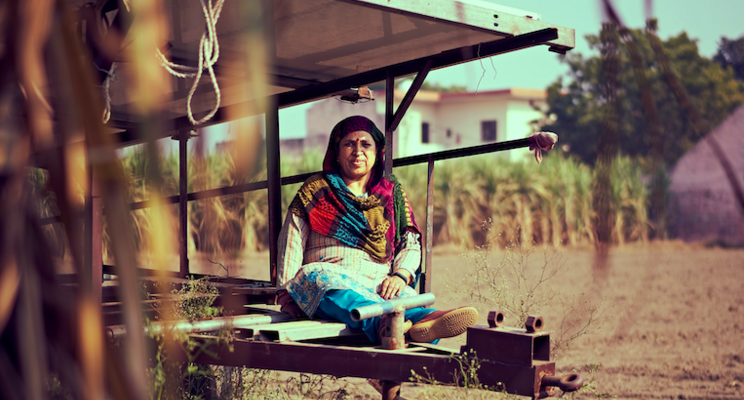
Globally responsible companies and multilateral organisations are intensely pushing for sustainable means of agriculture as it can help humans to meet their needs without harming the environment. With the unpredictable weather conditions posed by climate change, the pre-existing issues such as pollution, crop failure and depleting natural resources have aggravated. In such a scenario, vertical farming has emerged as a sustainable alternative to conventional agriculture as vertical farming is usually done indoors, it is soilless farming, hence, the risk of contamination through pests is negligible.
Vertical farming is considered the future of farming as it needs less space and the growing system is hydroponics, aeroponics and aquaponics. The major advantage of this farming is that it requires very less land in comparison to conventional agriculture, consumption of water is 80% less, moreover the water is recycled and saved and most importantly its productivity does not depend on weather conditions.
Vertical farming allows consumers to access fresh vegetables or fruits soon after they are harvested. Moreover, any farm commodity can be grown round the year since vertical farming allows control of environment conditions. Even exotic farm items can be produced easily. Food traceability is an important factor associated with vertical farming as food safety starts with traceability. Consumers, food processors, regulators can easily find the source of vegetables and other farm produce. They can even check on the quality of seeds, crop inputs that are used to grow these vegetables as it will bring transparency to the supply chain.
Photo by Ashwini Chaudhary(Monty) on Unsplash
Source: Hindustan Times
More news
